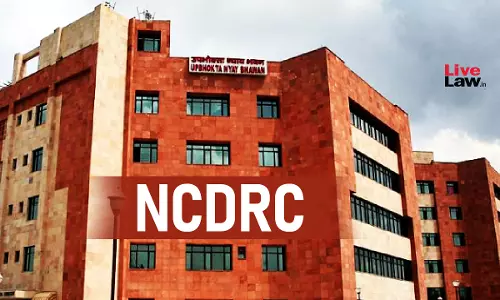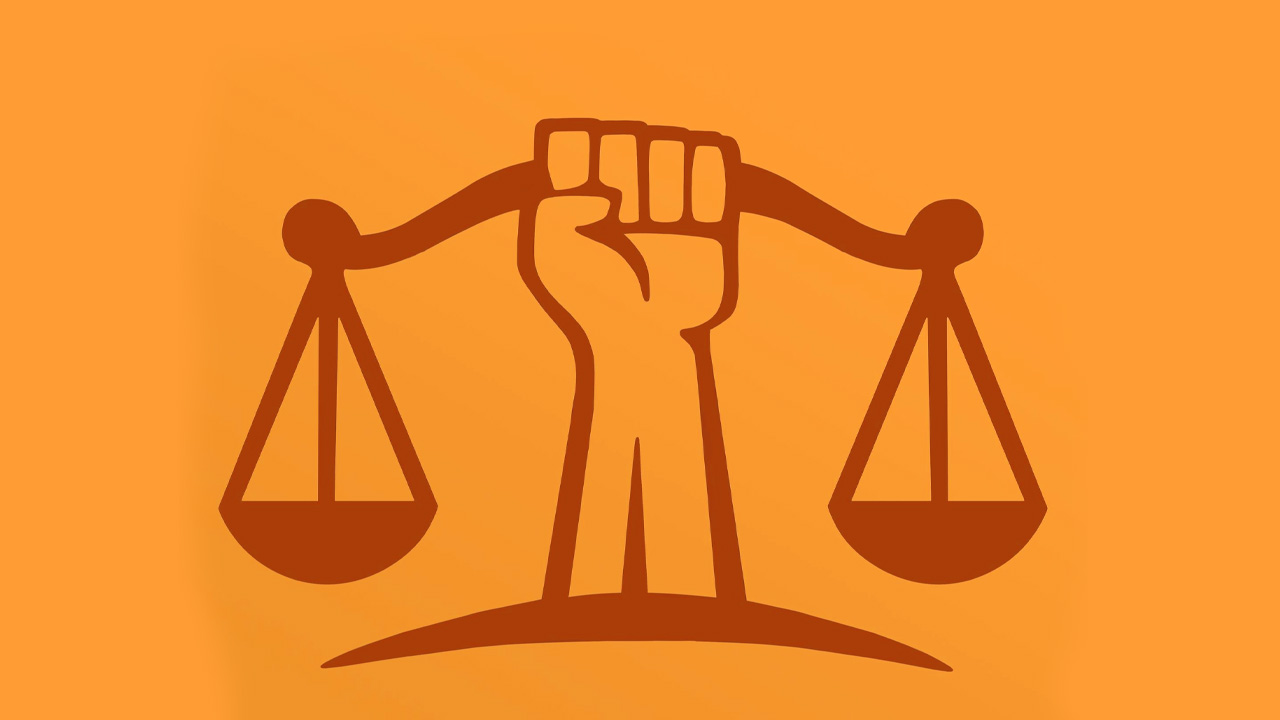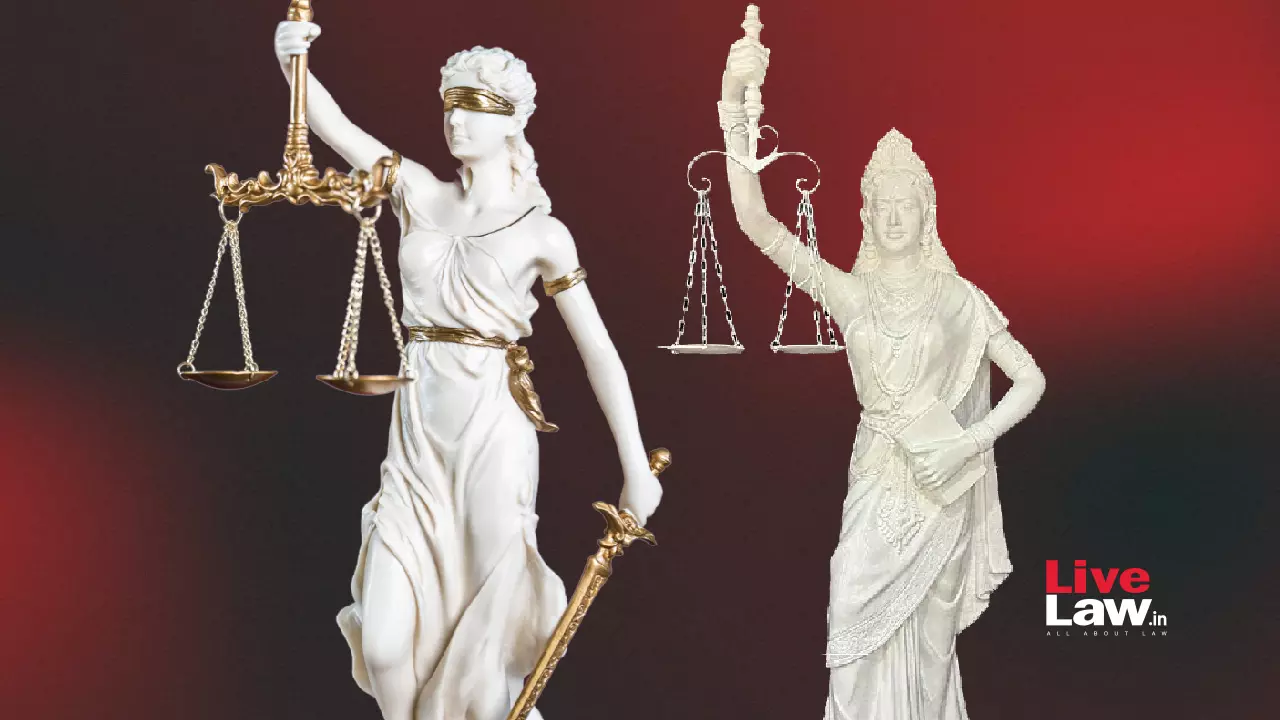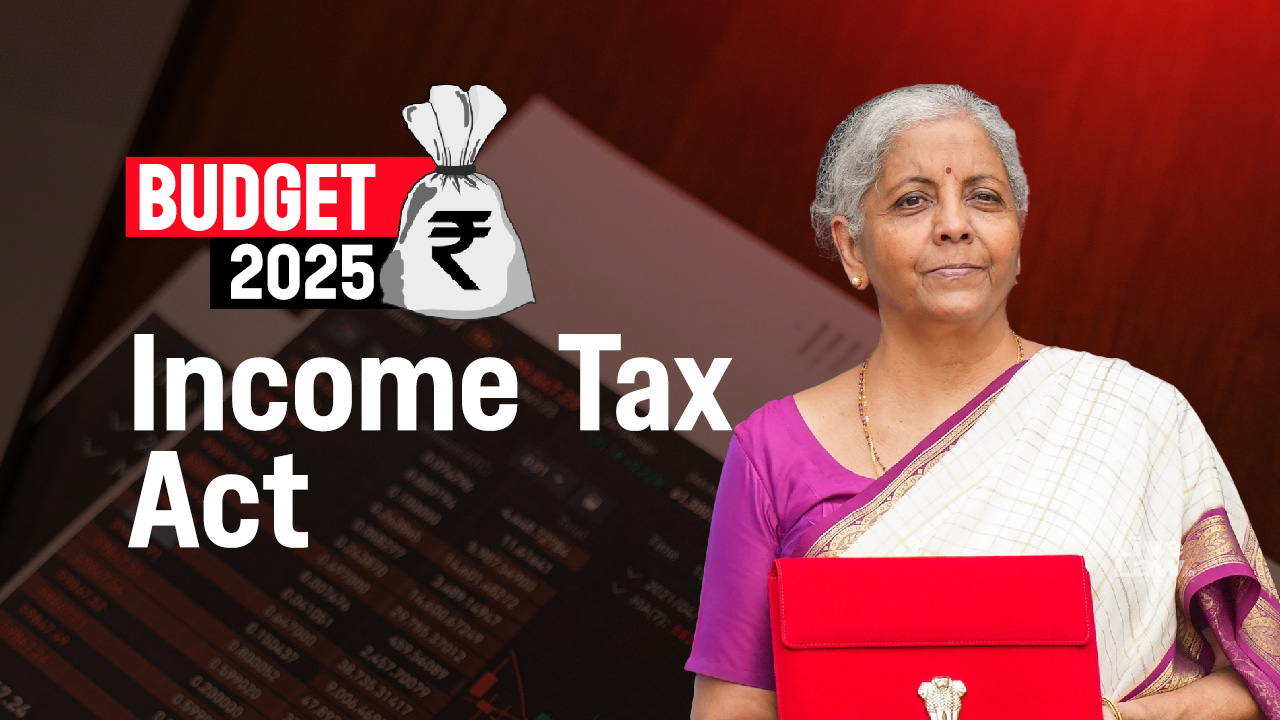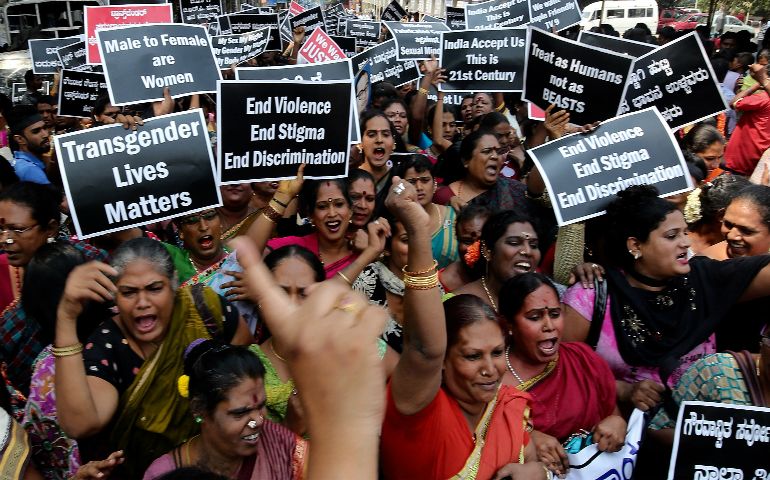Law School Articles
Towards Rights-Based AI Framework In India: Bridging Global Models And Constitutional Duties
Artificial Intelligence systems, when trained on biased data, risk institutionalizing discrimination against caste, class, and gender minorities. In India, where welfare schemes are lifelines for millions, algorithmic exclusion can have severe real-world consequences. A stark international parallel is Australia's Robodebt scandal1, where an automated system wrongly accused over 400,000 welfare recipients of income fraud—resulting in fines, distress, and eventual judicial condemnation in...
The Language Tug-Of-War In Maharashtra: Balancing Pride With A Place For Everyone
Maharashtra, a state formed to unite Marathi speakers, is engaged in an ongoing debate about language that touches on identity and history. A recent government decision to teach Hindi in schools has reignited longstanding sentiments on the issue. The challenge lies in fiercely promoting Marathi, its official language, while ensuring that speakers of other languages feel respected and included. This delicate balancing act is unfolding in homes, schools, and politics across the state.The Latest...
Consumer Forum Paralysis: Coram Non Judice Renders Relief Illusory
Consumerism has evolved into the defining characteristic of modern existence, dictating every moment of our lives whether through the consumption of traditional commodities and services or through the relentless engagement with digital goods that now permeate every facet of our daily lives. Every such transaction pertaining to consumption has the potential to result in dispute between the consumer and service provider. In this backdrop, the role of consumer forums becomes highly integral in...
Voice Of Voiceless And Soul Of Rights – Dr. B.R. Ambedkar
“I do not want that our loyalty as Indians should be to any particular community. I want all people to be Indian first, Indian last, and nothing else”[i]A man who Struggled, fought and established the document which now and shall govern the world largest democracy with largest population. His thoughts are not just limited to demonstrate a document that laid down certain principles, rules, laws and procedures, but to strongly convey that Rights are not just the words or phrases to be contain in a...
Access To Justice For Rural People And Entrepreneurs: Challenges & Legal Reforms
The meaning of the phrase "access to justice" varies depending on the society in question and is therefore ambiguous. Regardless of how it is defined, there is always a connection to conflict resolution because the latter's sole goal is to uphold justice. Therefore, having access to the state's dispute settlement mechanism is synonymous with having access to justice. More people are realizing that expanding access to justice is a necessary component of inclusive growth and a strategy for...
Blockchain And Online Dispute Resolution: Reshaping Access To Justice
The emergence of Online Dispute Resolution ('ODR') has brought about a revolution in conflict resolution by utilising advanced digital platforms to enable negotiation, mediation, and arbitration. Unlike simple technological enhancement, ODR goes beyond traditional mechanisms by embracing video conferencing, electronic document exchange, and AI-enhanced dispute resolution to override the needs of physical adjudication. This piece urges the institutionalisation of an Indian...
Legal Reforms And Access To Justice: Addressing Infrastructural Challenges In The Judiciary
Former Chief Justice of India (CJI) NV Ramanna in September 2021 had expressed his concern regarding the dilapidated state of judicial infrastructure in India. Three complete years have passed and we are yet to witness any visible changes. It is not to say that the infrastructure has not been improved at all. The Department of Justice is currently administering various schemes for making the Judicial System well quipped and robust. However, the pace and scale of implementation remains...
Exploring Vicarious Liability Of Office Bearers In Criminal Matters
A company, no doubt, is a separate legal entity from its members distinguished by the corporate veil. Being an artificial person, however, it does not have a mind or a will of its own, and it cannot function on its own. The state of the mind of a company is derived from the state of the mind of the office bearers of the company, mainly directors. For attribution of the criminal liability, the two primary essentials of a criminal offense must be seen, i.e., mens rea and actus reus. A corporation...
A Federal Dilemma: How The New Income Tax Bill 2025 Threatens State Revenues And Fiscal Autonomy
The New Income Tax Bill 2025 is regarded as a significant reform intended to streamline tax systems and enhance compliance. Nonetheless, its effects reach well beyond individual taxpayers and businesses, as it poses serious implications for state finances and the structure of federalism. While income tax is an exclusive Union subject under Entry 82 of the Union List (Seventh Schedule), states rely heavily on their portion of central taxes as provided in Article 270 of the Constitution. Any...
Sexual Assault Against Transgender: The Definitional Void And The Absurdity Of Indian Penal Provisions
Every year in the month of June, the world witnesses a plethora of parades. The internet is filled with pictures of people advocating for LGBTQ rights, celebrating it as Pride month and this also echoes in the heart of India. In fact, in India, this joyful crescendo extends to early July, as India celebrates Indian Coming Out Day on July 2 to commemorate Naz Foundation vs Government of NCT Delhi[1], a Delhi High Court judgment decriminalizing homosexual sexual activity, which was later affirmed...
AI And Personhood: Navigating Legal Rights And Responsibilities In The Age Of Intelligent Machines
The rapidly evolving world of Generative Artificial Intelligence has sparked a debate about the legal status of Artificial Intelligence[1]. Artificial Intelligence has broadened its capabilities, built upon human-made algorithms and machine learning, exponentially increasing its potential. As AI has grown from being Narrow - AI (designed to perform specific tasks) to Strong - AI (designed to possess Human-Level Intelligence), the question arises: should Artificial Intelligence be granted...
Emerging Technology Trends And Its Effect On Criminal Justice System
The then Chief Justice of India Dr D.Y Chandrachud, while delivering the 20th DP Kohli memorial lecture on the Central Bureau of India Raising Day April 1st 2024, remarked that “In the era of digital transformation, the interplay between law and technology can result in better crime detection and also ensure criminal justice reform”. In the age of intelligence, technology is involved in almost every sphere of human life,[1] the criminal justice system is no exception to it.Intelligent...





